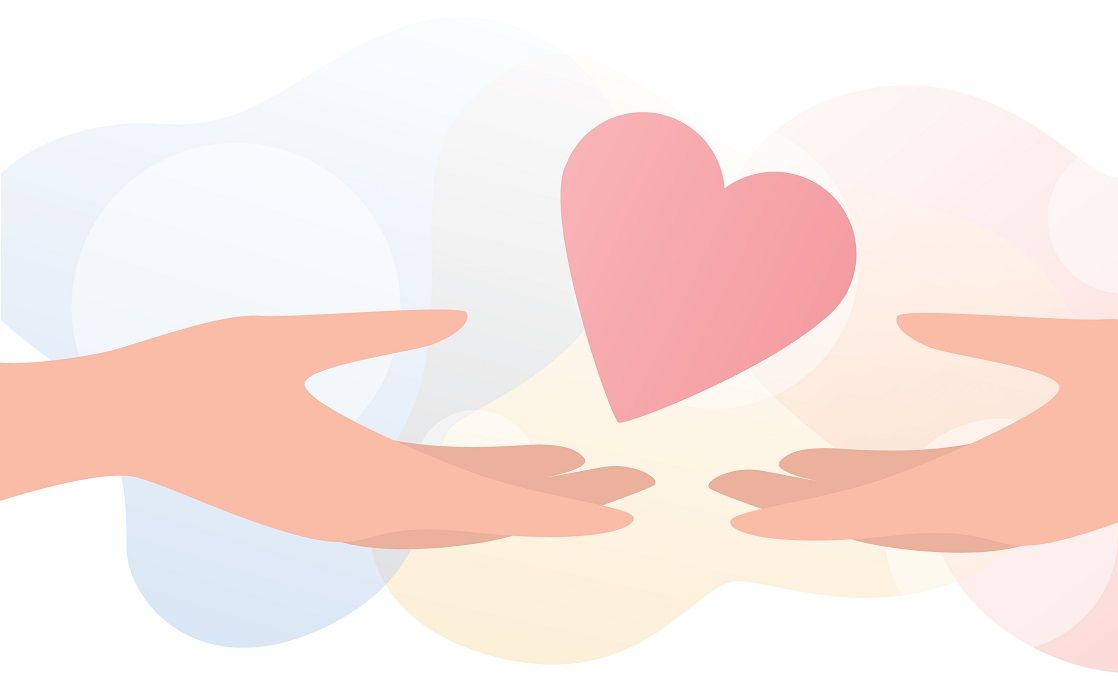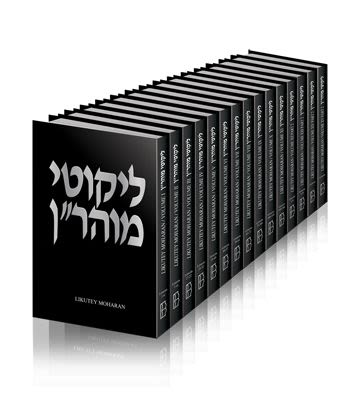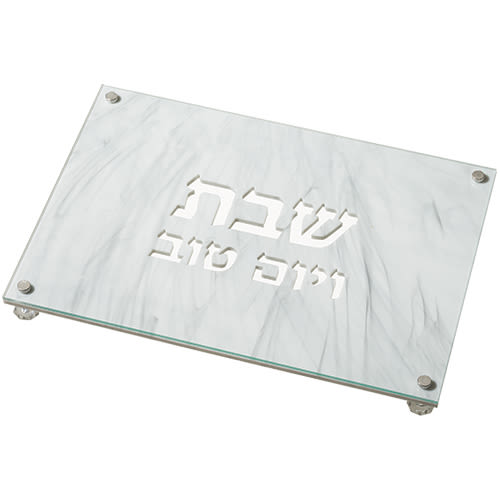
Shemot: Cry Out!
In our current exile, our only option is to cry out to God, just as our ancestors did in Egypt. Just as God heard their cries, He will certainly hear ours!

We have now entered a completely new phase in the story of the Jewish people: The slavery in Egypt. Moshe is sent to Egypt to begin the redemption from the long, hard years of slavery, the Torah says: “During those many days, it happened that the king of Egypt died, and the Children of Israel groaned because of the hard work and they cried out. Their outcry because of the work went up to God. God heard their moaning, and God remembered His covenant with Avraham, with Yitzhak, and with Yaakov” (Chapter 2, Verses 23-24).
Rabbi Natan comments that the time period we begin this week is called Shovavim (which is an acronym for the first six Torah portions of the book of Exodus – Shemot, Vayeira, Bo, Beshalach, Yitro and Mishpatim). During this time of the year, many people have the custom to fast and cry out to Hashem with extra prayers of teshuva, because during these days we read in the Torah about the exile in Egypt and the Jewish people’s redemption. To which they merited because of their screams and cries. We also need to cry out to Hashem and pray for our redemption today in our current state of exile, just as our ancestors did in Egypt.
Rabbi Natan explains that the main reason for all the suffering and various expressions of exile that a person goes though in his life is a lack of knowledge (daat), which is the aspect of shovavim. In addition to being an acronym as explained above, the word shovav means “mischievous” or “naughty” in modern Hebrew. Without proper knowledge of the Torah and connection to our faith, we wander in the world like a crazy and mischievous person. However, if we understand our current state of exile, and how we are going after the arbitrary desires of our heart without looking for the true purpose of life, then surely, we will then have the knowledge to have mercy on ourselves and scream a lot to Hashem for help. Through prayer and crying out to Hashem, it is possible to merit ‘to give birth’ to knowledge and expanded consciousness. This in turn, causes Hashem to hear his prayers and grant him more knowledge. Through our prayers we can merit our own personal redemption, which in turn, brings the general redemption of the Jewish people closer. This is because all our suffering in exile is due to a lack of knowledge (Likutei Halachot, Laws of Cutting Hair, 5th teaching).
Our salvation depends on using our power of speech to speak words of prayer, allowing ourselves to cry out to Hashem. Speech is an expression of our thoughts and feelings, and in a deeper sense it is an expression of our soul. Rebbe Nachman says, based on the Holy Zohar and the Arizal (Rabbi Yitzhak Luria zt”l), that on Passover our power of speech left the exile. This is the aspect of Pe-sach, which means in Hebrew “the open and talking mouth.” The Zohar explains that during the exile in Egypt the Jewish people’s speech was also in exile and they couldn’t pray with words, only with groans and screams, as the Torah describes above (Rebbe Nachman’s Wisdom, 88th Teaching). So too in our lives today, a large part of our own personal redemption from our personal Egypt is through the power of speech. We need to use our power of speech to express ourselves in prayer, as well as share what we are going through with those who are close to us.
I feel strongly connected to this teaching. I just expressed to Hashem a few days ago in personal prayer that I feel that this is part of my galut (exile), in that many times I am not able to express myself the way that I want to. I feel this way both in my connection with G-d and also in my personal relationships with family and with other friends and acquaintances. Sometimes I cannot manage to ask my questions to others, and sometimes there are words I want to express from my heart, and I hold back and remain quiet.
I have heard it explained that daat (knowledge) is when our hearts and our minds are connected and in harmony. Many times, our heart doesn’t agree or want to follow what we understand to be true in our minds. Returning to true knowledge, is when our minds and our hearts become connected again through prayer.
“Against the length of this current exile which is called the exile of Edom… there is no advice and wisdom and understanding other than praying many prayers and supplications and yelling and screaming to Hashem without measure, because prayer is above everything and includes all of the fifty gates of holiness” (Outpouring of the Soul, 82nd Teaching).
***
Republished with permission from breslov.blog.










